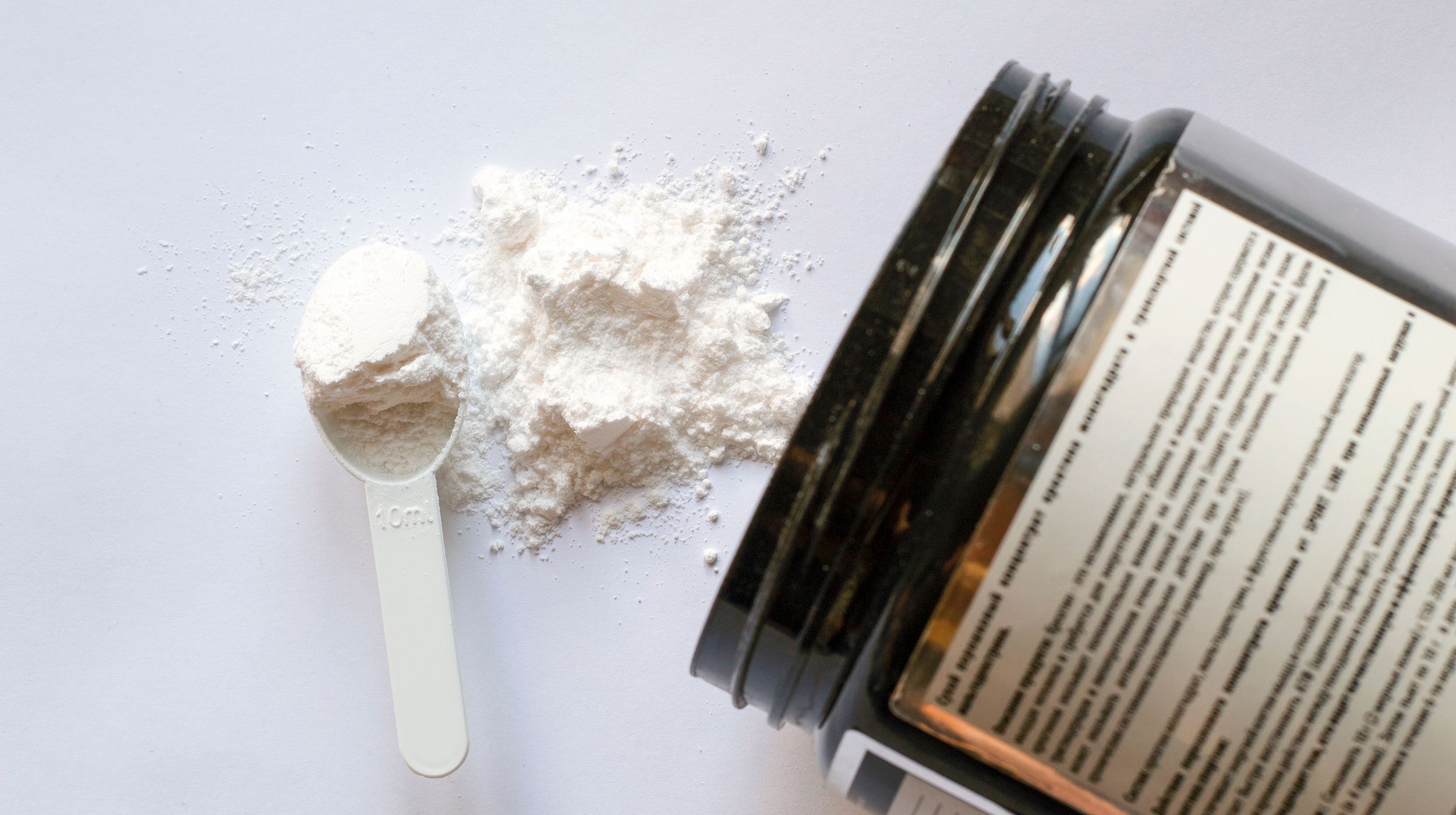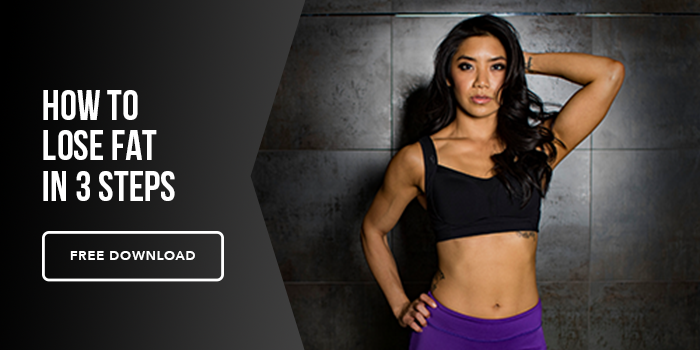There are a LOT of supplements on the market that promise to burn fat, build muscle, boost cognition and improve health but almost none of them actually deliver. Notice I said “almost.” There is one supplement that actually does work. That supplement is creatine.
To be clear, no product comes close to the results that a good workout program, diet and lifestyle will provide. Nothing is even in the same universe. Think of it this way, about 98% of all of the fat loss, muscle building and health promoting benefits you will ever get will come from good workout (like MAPS), diet and lifestyle. HOWEVER, that leaves us with a margin of about 2%. Creatine closes the gap.
Creatine is one of the most studied ergogenic (intended to enhance physical performance, stamina, or recovery) supplements out on the market today. There are literally hundreds of studies on creatine testing its properties, side effects and safety. This makes creatine an especially unique and special supplement. We know what it does and what it doesn’t do, unlike most other supplements which have little to no scientific data supporting them.
Creatine has been commercially available to the public since the early 1990’s. It’s a compound found naturally in animal products. Below are the proven positive effects and some possible negatives you may experience when supplementing with creatine.
Pros of Creatine:
1. It Builds Muscle and Strength
This is what creatine is most known for. Beyond a shadow of a doubt creatine has been clinically proven to promote strength gains and help build lean body mass in both men and women. Creatine supplies your muscles with more explosive energy leading to gains of strength and sprint speed by 5-15%. Creatine also encourages more intramuscular (inside the muscle) fluid retention which has been shown to speed up the recovery and muscle building process.
2. It Burns Fat
Creatine isn’t a classic fat burner. It doesn’t stimulate the central nervous system which causes more calorie burn and it doesn’t suppress appetite. But it does build muscle very effectively which directly combats the biggest challenge when it comes to fat loss. It helps burn more fat indirectly by preventing metabolism slow down (through muscle building) which is almost inevitable when you cut calories to lose fat. More muscle means more calories burned. Indirectly, creatine is the most effective fat burner on the market.
3. It Boosts Cognition
Creatine doesn’t just boost muscle energy. Taking a creatine supplement has been shown to increase levels of creatine in the brain by 5–15% and has been shown to improve brain functioning. This is thought to occur through increased oxygen delivery and energy supply to the brain. Studies show that taking creatine daily can improve short term memory and reasoning skills.
Those are the best and most proven benefits of creatine, but what about the negatives? Is creatine perfect?
Cons of Creatine:
1. Weight Gain
One of the potential negatives of creatine supplementation is weight gain. Most people can expect to gain at least 1lbs-4lbs. If your goal is muscle gain, or to gain weight, this is a welcomed effect. But if you want to lose weight this side effect can be really disheartening. If you are afraid of the weight gain from creatine have no fear because the weight gain from creatine is INTRA muscular water weight. Creatine pulls water INSIDE the muscles, which is different from bloat which is water outside the muscles. That being said, if you are an athlete that needs to be a certain weight for competition (like a wrestler or boxer), creatine may push you over your weight limit.
2. Stomach Upset
Creatine may also cause stomach discomfort or digestive issues in some people. Studies show that this is a consistent but small risk for most people. None the less, if you take creatine and it gives you gastrointestinal issues stop taking it.
How to take creatine
Most people would benefit from taking between 2-5 grams of creatine every day. Some creatine products recommend going through a loading phase of taking 20 grams a day for the first 7 days and then bringing the dose down to 5 grams a day from there on. Studies show that the loading phase does increase creatine in the muscles a bit faster. I don’t recommend loading as it wastes a lot of creatine and filling muscle creatine stores a day or two faster isn’t a big deal.
Which type
There are many types of creatine on the market. The only one that has been shown to consistently work and be safe in hundreds of studies is creatine monohydrate.






